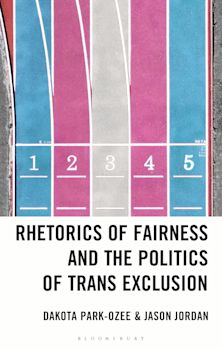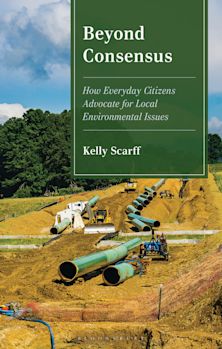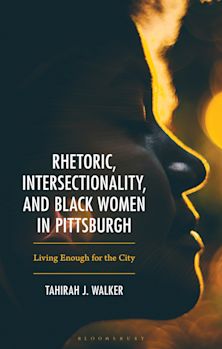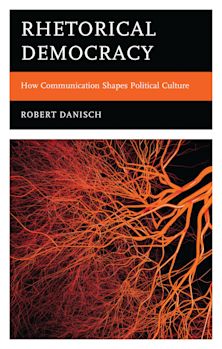Rhetoric and Technical Communication in HOPE VI
An Analysis of Race and Participatory Capture in U.S. Housing
Rhetoric and Technical Communication in HOPE VI
An Analysis of Race and Participatory Capture in U.S. Housing
This product is usually dispatched within 1 week
- Delivery and returns info
-
Free US delivery on orders $35 or over
Description
Rhetoric and Technical Communication in HOPE VI presents a rhetorical analysis of key documents and technical writing associated with HOPE VI, a federal mixed-income, public housing program. Despite mandating resident participation, HOPE VI increased homelessness, reinforced racial segregation, and facilitated gentrification projects that priced out low-income residents. Christopher J. Morris considers this phenomenon of participatory capture, in which participation works against the most vulnerable participants. By articulating participatory capture in contemporary American housing, Morris articulates the dominant narratives, discourses, and methods the U.S. Department of Housing and Urban Development used to leverage participatory methods and discourses to maintain social inequity. In exploring participation’s pitfalls, the author also offers scholars and practitioners alike an alternative to participation: sovereign design rhetoric.
Table of Contents
HOPE VI, Participatory Capture, and Technical Communication
Chapter 2
Justifying “A New Era of Cooperation”: Participation, Diversity, and Legitimation in HOPE VI
Chapter 3
“Broader Horizons”: Deficit and Governance Models in HOPE VI Community Building
Chapter 4
Voice, Sovereignty, and Information Design in HOPE VI Newsletters
Chapter 5
Choice, Resident Spotlights, and Steps Toward Sovereign Rhetoric
Chapter 6
Implications for Teaching, Public Policy and Engagement, and Future Research
Product details
| Published | Nov 07 2024 |
|---|---|
| Format | Hardback |
| Edition | 1st |
| Extent | 158 |
| ISBN | 9781666946857 |
| Imprint | Lexington Books |
| Illustrations | 3 Tables |
| Dimensions | 9 x 6 inches |
| Publisher | Bloomsbury Publishing |
Reviews

ONLINE RESOURCES
Bloomsbury Collections
This book is available on Bloomsbury Collections where your library has access.


































